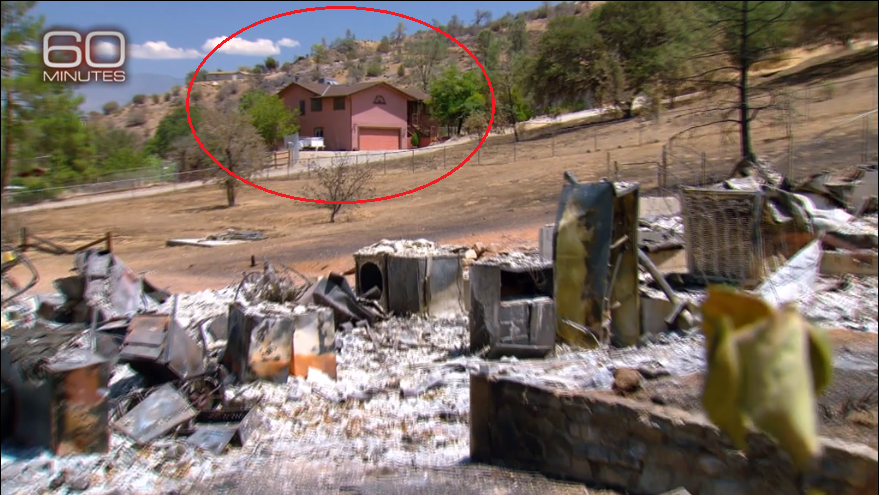Orwell Explains Students' Writing Fears
I've been tutoring high school AP English students and notice they all fear writing a sentence in front of me. I'm trying to internally time-travel back to the age I was when I first cleared the fear-hurdle of committing something to a paper that could be handed in to a despotic teacher. The writer George Orwell said totalitarianism was deadly to literature.
The above pullquote is from Masha Gessen's New Yorker article on Orwell's predictions of the struggles to write in parts of the world today. She also unearthed Orwell's observation of the necessity of privacy.
The final lines of Gessen's short essay make me want to read more science fiction right now.
----------------------------------------
Further Reading:
An interview with author Annalee Newitz on the hopepunk movement: denofgeek.com
How George Orwell Predicted the Challenge of Writing Today: newyorker.com
"If he is to switch his allegiance at exactly the right moment, he must either tell lies about his subjective feelings, or else suppress them altogether. In either case he has destroyed his dynamo." orwell.ru

This work by AJ Fish is licensed under a Creative Commons Attribution-NonCommercial 4.0 International License.
"Even a single taboo can have an all-round crippling effect upon the mind, because there is always the danger that any thought which is freely followed up may lead to the forbidden thought. It follows that the atmosphere of totalitarianism is deadly to any kind of prose writer.”I had the scariest teachers in sixth grade who criticized what we handed in as not what was assigned. They would rant in front of the entire class. I was criticized for an assignment my parents had actually helped me write, probably the only time they helped me with my homework.
The above pullquote is from Masha Gessen's New Yorker article on Orwell's predictions of the struggles to write in parts of the world today. She also unearthed Orwell's observation of the necessity of privacy.
Orwell suggests one more way in which totalitarianism kills writing. “Serious prose,” he writes, “has to be composed in solitude.” Totalitarianism, as Arendt famously wrote, eliminates the space between humans, turning them into One Man of gigantic proportions. Separately, she spoke about the peculiar illusion of warmth and closeness that totalitarianism engenders. Totalitarian societies mobilize everyone. Supporters of the regime may be gathered in the big square, chanting their support for the leader, but opponents band together in tiny clumps that are always under siege, always in struggle to hold on to a patch of knowable truth . This is an honorable effort, but it is as far from an imaginative exercise as anything can be. No one can imagine the future—or, for that matter, the present or the past—with their teeth clenched and their minds in singular focus. This leads me to the best-known line from this Orwell essay: “imagination, like certain wild animals, will not breed in captivity.”Before I quit Facebook in Fenruary 2018, I started to notice how little I'd written outside of it, like I'd fallen into a Facebook blue trance. A topic for another blog post is how much self-censuring happens inside Facebook. I broke this hypnosis first with paper journals. I forced myself to do a paper interrupt and first write a sentence in a paper journal before even typing something into a blog post or email. My entries came out as chicken scratch because I'd atrophied my pen-holding muscles. Soon I tapped a wellspring of blog post ideas I proceeded to develop and publish. Then the torrent trickled.
The final lines of Gessen's short essay make me want to read more science fiction right now.
I am proposing that subjective hopes are also, for the purposes of writing, facts. These are the facts endangered by the fear and despair prevalent in our current politics. If one insists on writing the truth of those hopes—or, rather, if many writers do this—the result may not be great literature, which is always a miracle, but it will exercise the imagination. If it is good, or good enough, it will fuel conversation. And may it be half as prescient as “Nineteen Eighty-Four.”
----------------------------------------
Further Reading:
An interview with author Annalee Newitz on the hopepunk movement: denofgeek.com
How George Orwell Predicted the Challenge of Writing Today: newyorker.com
"If he is to switch his allegiance at exactly the right moment, he must either tell lies about his subjective feelings, or else suppress them altogether. In either case he has destroyed his dynamo." orwell.ru

This work by AJ Fish is licensed under a Creative Commons Attribution-NonCommercial 4.0 International License.




